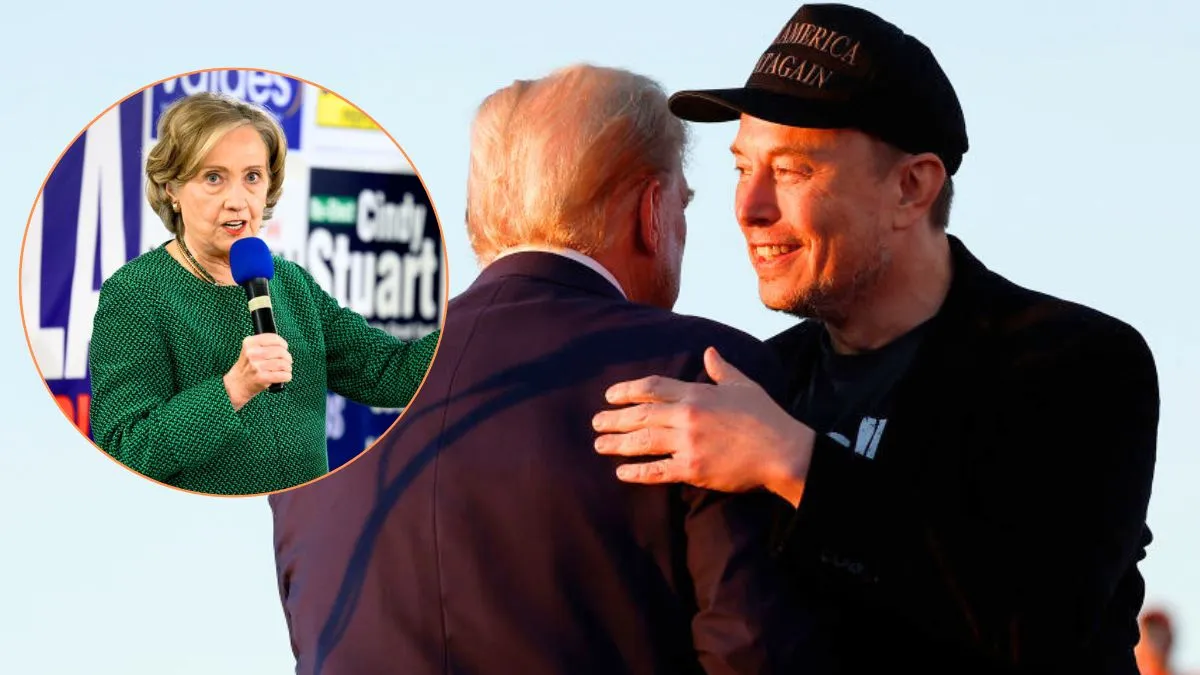


Here are the critical takeaways:
Government shutdowns disrupt essential services, leaving millions of Americans without paychecks, benefits, or support. During the holiday season and amid a cost-of-living crisis, such disruptions would disproportionately affect low-income families, federal employees, and military personnel. The irony of billionaires like Trump and Musk—individuals insulated from these struggles—leading such a charge highlights the disconnect between the ultra-wealthy and ordinary Americans.
The narrative posits Elon Musk as an unelected power broker leveraging wealth to exert influence. This reflects broader concerns about the outsized role of billionaires in shaping political agendas, often without direct accountability to voters. Musk’s financial support for controversial figures and policies, coupled with his platform’s influence, aligns with fears of oligarchic tendencies undermining democratic principles.
Clinton’s critique emphasizes the moral and ethical implications of such actions. Her focus on the tangible effects—unpaid troops, families without vital benefits, and workers forced to labor without compensation—brings the abstract concept of a shutdown into sharp relief. By framing Trump and Musk as emblematic of billionaire indifference, she challenges their motives and highlights the broader societal impact of their decisions.
The intertwining of wealth and power in this scenario illustrates a potential erosion of democratic values. When political decisions prioritize power dynamics over public welfare, the trust in governance erodes. The idea of a “pay-for-play” presidency, where influence is dictated by wealth rather than public service, raises alarm bells for democratic accountability.
This website uses cookies to improve your experience. We'll assume you're ok with this, but you can opt-out if you wish. Accept Privacy & Cookies Policy